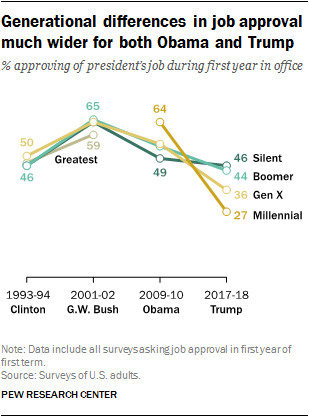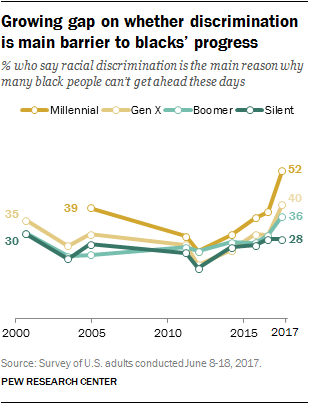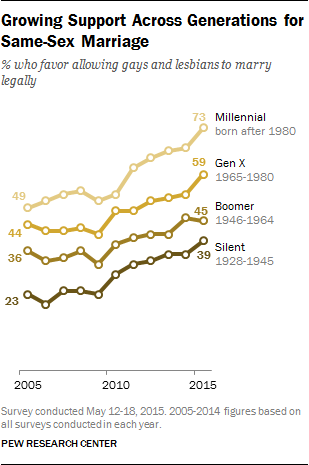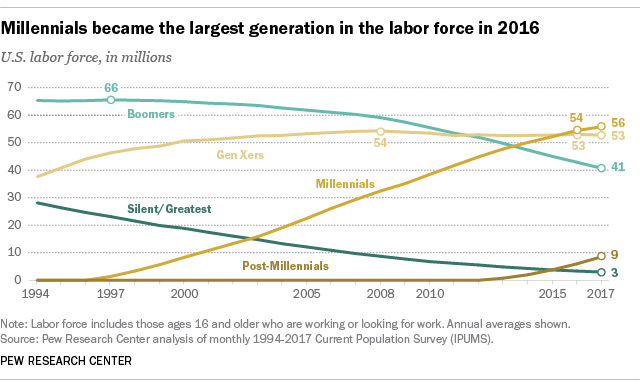This Panasonic news is from last year:
but I'm wondering how this fits into the picture after the 75D removal.
In particular this bit seems intriguing:
"Osaka-based Panasonic has been planning to transfer the production of Tesla batteries from an in-house company for automotive and industrial systems to a new U.S.-based unit starting next April. It aims to deepen its relationship with the automaker as Tesla's Model 3 sedan finally gets on track for mass production, after prior delays."
That "next April" is now just 2 months away: is Panasonic going to move 18,650 cell production from Japan to the U.S.?
Is the removal of the 75D and the halving of production helping that step, allowing Panasonic to move the lines without disrupting Model S/X production? Also, April would be the first month of Q2, and also the month when Tesla plans making HW3 modules. Busy month!
@hiroshiy also raised the problem of Panasonic's employees in several factories in Japan, which are currently producing ~8 GWh of 18,650 cells per year.







